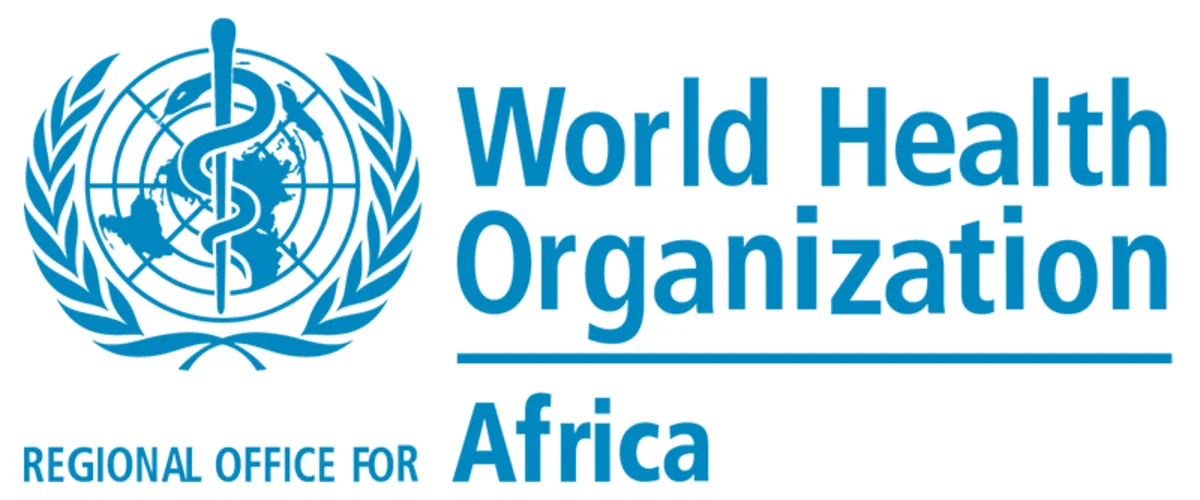
Health authorities in the Democratic Republic of the Congo (DRC), alongside experts from the World Health Organization (WHO), are conducting thorough investigations to uncover the source of a troubling cluster of illnesses and community fatalities in Equateur province. Over recent months, enhanced disease surveillance has indicated a worrying rise in illnesses and deaths across various regions of the country, prompting urgent follow-up investigations to identify the causes and deliver essential support.
Since the beginning of 2025, Equateur province has been grappling with a series of alarming health incidents. The latest cluster was reported in the Basankusu health zone, where, just last week, 141 additional individuals fell ill, though no fatalities were recorded. Earlier in February, this same health zone documented 158 cases, which tragically included 58 deaths. Additionally, in January, the nearby Bolamba health zone reported 12 cases, with 8 resulting in death.
In total, increased disease surveillance has uncovered a concerning tally of 1,096 individuals affected and 60 deaths across Basankusu and Bolomba. These cases exhibit a broad range of symptoms, including fever, headache, chills, sweating, stiff neck, muscle aches, joint pain, runny or bleeding nose, cough, vomiting, and diarrhea.
The Democratic Republic of the Congo is currently confronting multiple concurrent crises and disease outbreaks, further straining its health sector and impacting the local population. In response to the latest cluster of illnesses, a national rapid response team comprised of experts from Kinshasa and Equateur, including WHO health emergency specialists, has been deployed to the affected health zones of Basankusu and Bolomba. Their mission is to investigate the situation and assess for any unusual disease patterns.
These experts are intensifying disease surveillance efforts, conducting interviews with community members to gather crucial background information, and providing treatment for prevalent diseases such as malaria, typhoid fever, and meningitis. To assist in these efforts, WHO has supplied emergency medical resources, including testing kits, and has established detailed protocols aimed at enhancing disease investigation.
Initial laboratory analyses have returned negative results for both Ebola virus disease and Marburg virus disease. However, approximately half of the samples tested positive for malaria, a common illness in the region. Further testing for meningitis is planned, alongside an analysis of food, water, and environmental samples to identify any potential contamination sources.
All collected samples will be forwarded to the national reference laboratory in Kinshasa for additional testing. Previous samples were deemed non-viable, necessitating a re-testing process.
Basankusu and Bolomba are situated approximately 180 kilometers apart and over 300 kilometers from the provincial capital, Mbandaka. The remoteness of these areas presents significant challenges in accessing healthcare services, including necessary testing and treatment. Poor road conditions and inadequate telecommunication infrastructure further complicate the situation.
In light of these challenges, WHO is actively supporting local health authorities in reinforcing investigation and response measures. More than 80 community health workers have been trained to detect and report cases and fatalities effectively. Additional efforts are essential to enhance testing, early case detection, and reporting, not only for the current health crisis but also for future incidents.
WHO remains committed to supporting health workers on the ground, working closely with zonal, provincial, and national health authorities to provide lifesaving medical supplies and coordinate responses to mitigate the spread of illnesses and other outbreaks in the region.